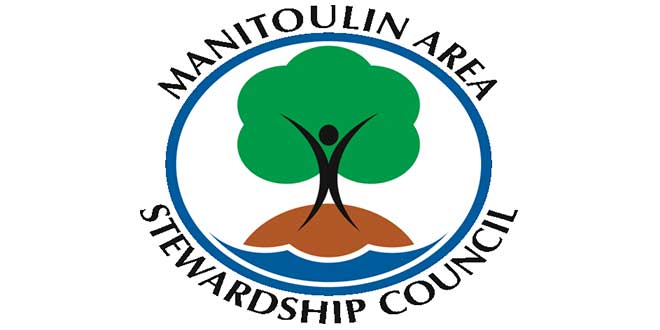MICHIGAN—In January, members of the Manitoulin Area Stewardship Council (MASC) went on a fact finding mission to Michigan, meeting with two other stewardship groups in the state with the goal of learning how to do things “better and more efficiently,” explained MASC co-chair Brian Ramakko.
Mr. Ramakko explained that stewardship councils around the province had to start getting creative when they were cut loose from the Ministry of Natural Resource’s (MNR) annual $10,000 grant in 2012. The ministry made the announcement that it was “modernizing” the way it supports community-based stewardship activities, which was estimated to save the ministry up to $2.5 million annually.
This, Mr. Ramakko said, means the group has to focus its sights in order to survive. “We know we can’t be everything to everyone,” he said.
As part of this reinvention, MASC has been reaching out to stewardship councils throughout Ontario, as well as Michigan, recently making a weekend-long trip to the US along with fellow board members Bob Florean and Jim Nies.
The first stop was to a meeting with members of the Superior Watershed Partnership and Land Trust in Marquette, Michigan and then, the following day, on to a meeting of the conservancy group Huron Pines in Gaylord.
Mr. Ramakko likened the Huron Pines and Superior Watershed groups as a “big brothers” (to the Manitoulin group), with the notable exception of their yearly budgets that, unlike Manitoulin’s, run at $2 million and $1.8 million, respectively.
“What stood out was the amazing parallels,” he continued. “And they were so transparent and open—they’re just good people that want to do the right thing for the people and the land.”
He said the Michigan groups focus much of their attention on invasive species, as does MASC, and also on forestry matters.
The Michigan groups also agreed to share their literature with MASC, such as best practices for dealing with invasive species, which the Island group can in turn borrow from for its own purposes, “so we don’t have to reinvent the wheel,” Mr. Ramakko added.
Invasive species will continue to be one of the main focusses of MASC, he said, noting the ever-present danger of the invasive reed phragmites completely taking a foothold on Manitoulin, among many other things. “And most of Manitoulin doesn’t have a clue about what phragmites is,” he said.
“Manitoulin will never have a $1.8 million budget,” he admitted, “but we will now gather the information we learned, present it to the group and decide what to focus on—find a niche and focus on that.”
“Part of our long term strategy is how do we raise money, reach out to the community and get volunteers,” Mr. Ramakko continued. “We want to be that vehicle that teaches and trains and is a resource.”



